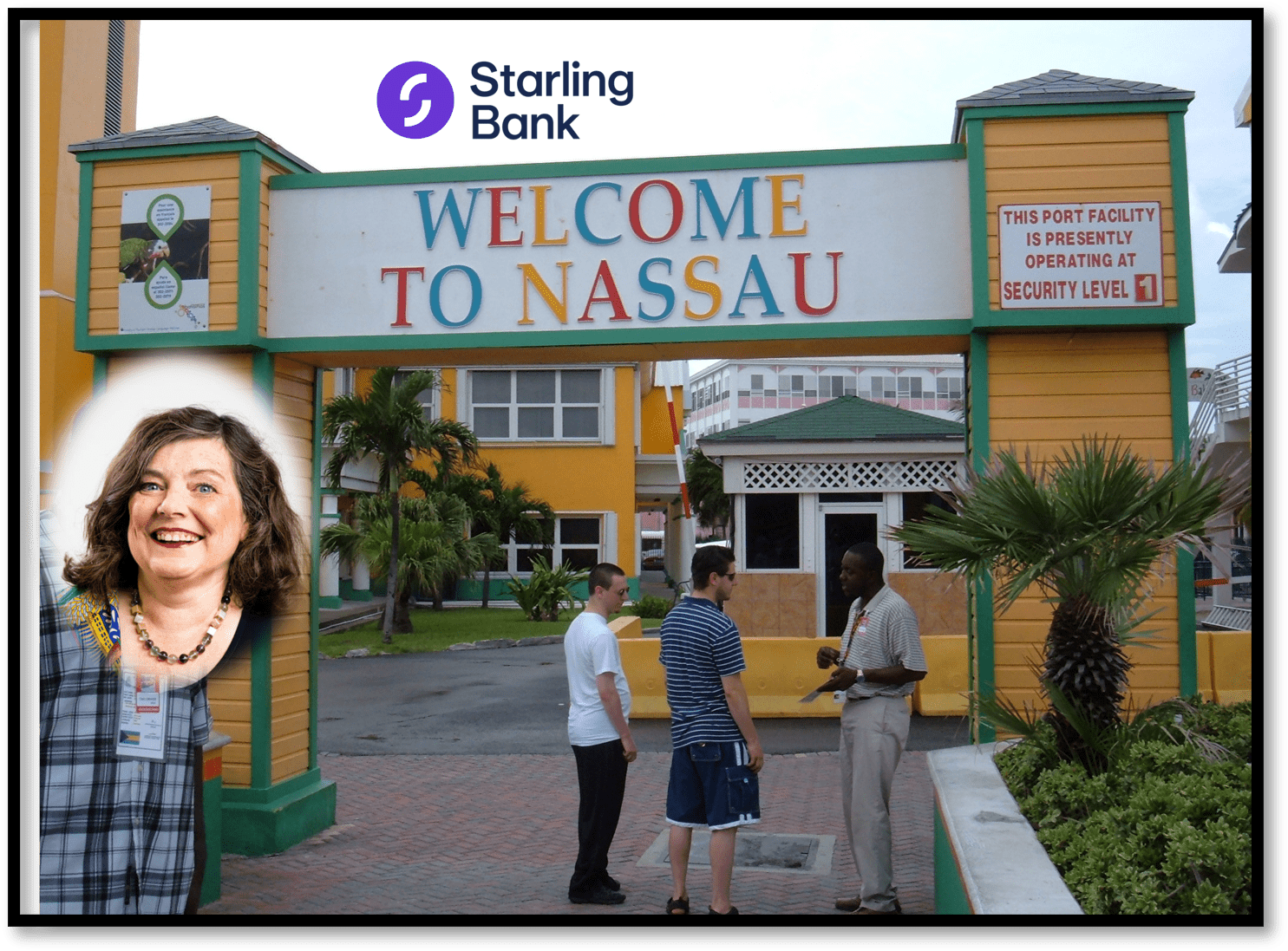A secretive Austrian billionaire controls the UK FinTech unicorn Starling Bank. In June 2015, the reclusive Austrian investor Harald McPike-Zima met its founder, Anne Boden, aboard his yacht in the Bahamas to discuss his investment in the then freshly squeezed neobank. McPike allegedly made his first fortune as a professional blackjack player. The former hedge fund manager reportedly invested at least £133m in Starling Bank for nearly two-thirds of the shares and is the controlling person and beneficial owner of Starling Bank says the UK Companies House.
The Dominant Shareholder
According to The Guardian, Harald McPike’s stake has since been reduced to 36%, while Anne Boden was diluted down to a remaining 4.9% stake. Founder and CEO Anne Boden lost control of Starling Bank in April 2019, say filings at UK Companies House. With her 4.9%, she is now one of several small shareholders in the unicorn. According to a report of fn financial news, McPike is represented on the Starling board by Lázaro Campos, the former chief executive of Swift, and the New Zealand-based accountant Marcus Traill.
However, it is unclear whether McPike’s position had been diluted in a capital raising, or sold to new investors, who invested money into Starling after its incredible growth during the Covid-19 crisis. That latest internal fundraising of £130.5 million pushed the bank’s valuation from more than £1bn last spring to £2.5bn earlier this year, pricing McPike’s remaining stake at more than £900m.
McPike has made the Starling investment via his special purpose vehicle JTC Starling Holdings, managed by the McPike Family Office, based in the Bahamas, where there is no income or capital gains tax.
The Covid-19 Dispute
Starling is expected to report its first annual profit in the coming weeks, a milestone for the neobank and the UK FinTech scene. In 2019, Starling Bank had lent just £23 million, but by June 2021, it had issued £1.6bn of bounce-back lending. In the Covid-19 pandemic, Starling has increased its total business account pool to 470,000, which is 8% of the small business banking market in the UK.
But there has been public criticism of Starling’s business practices and how it would have used the Covid-19 pandemic and taxpayer money for growth. The Guardian suggests that Starling may have taken on up to 243,000 new customers between Nov 2019 and March 2021, an average of more than 15,000 a month, with a staff of just 1,245 at the end of that period.
Lord Agnew, a former joint Cabinet Office and Treasury minister, raised concerns about how Starling grew its business through government-sponsored schemes, including the Covid-19 business loan program. He claimed that Starling had used the Covid-19 loan scheme “against the government’s and taxpayer’s interests” and as a “cost-free marketing exercise to build their loan book and so their company valuation. He continued to purport that Starling did not run adequate checks on borrowers before handing out taxpayer-backed loans.
Share Information
If you have any information about Starling Bank, Harald McPike, or Anne Boden, please let us know through our whistleblower system, Whistle42. ,
